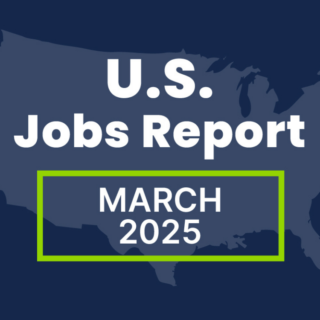By Robert Peasnell, Head of Growth, EMEA
Let’s be honest, you won’t often find me with my head in a copy of Psychology Today. But I’m increasingly interested in how people engage with organisations and brands in the current world.
So I found an article called “Friendology: The Science of Friendship” in Psychology Today which is a worthwhile read. Research has found that the best and longest friendships are those formed between people who are the most similar in values and behaviour.
In other words, when it comes to friendships, opposites do not attract.
These similarities of personality are most notable in four specific areas found in all strong friendships:
- Pleasure in each other’s company
- Reciprocity
- Mutual respect and trust
- Social or political benefit
Whilst relationships between employers and their existing and potential staff are not the same as those between two friends, we can incorporate these pillars into our candidate attraction and employee experience strategy.
Pleasure in Each Other’s Company
For businesses, this translates into the total employee experience, including how well you engage and communicate with existing and potential employees.
Before they give their loyalty, they are looking for a more personal connection and to know that they are heard. Do you have the channels and mechanisms in place to capture ideas and feedback on an ongoing basis – not just an annual survey? And how consistently do you act on it?
Reciprocity
Reciprocity simply means that there is a perceived fair exchange of value between the brand and employee.
It’s your EVP – ‘the deal’ – and ensuring that it’s fair, authentic and compelling will go a long way in supporting your retention goals.
Mutual Respect and Trust
Trust is a foundational aspect of any long-term relationship, regardless of whether it is among groups of people or between businesses and their staff. Trust begins with transparency and honesty in communications. Employers must be honest about their business practices and deliver on their promises.
Social or Political Benefit
We all want to be friends with popular, inspiring people who reflect well on us. Anyone hiring graduates or apprentices will recognise that organisational culture and purpose are increasingly important to potential hires.
According to Bright Network, 89% of students think about an employer’s commitment to DE&I before applying and 91% think about their commitment to employees’ mental wellbeing. We want to be associated with a brand that is a good reflection on us. This is especially true for Millennials, who rank a company’s reflection on them as their highest criteria for brand loyalty.


